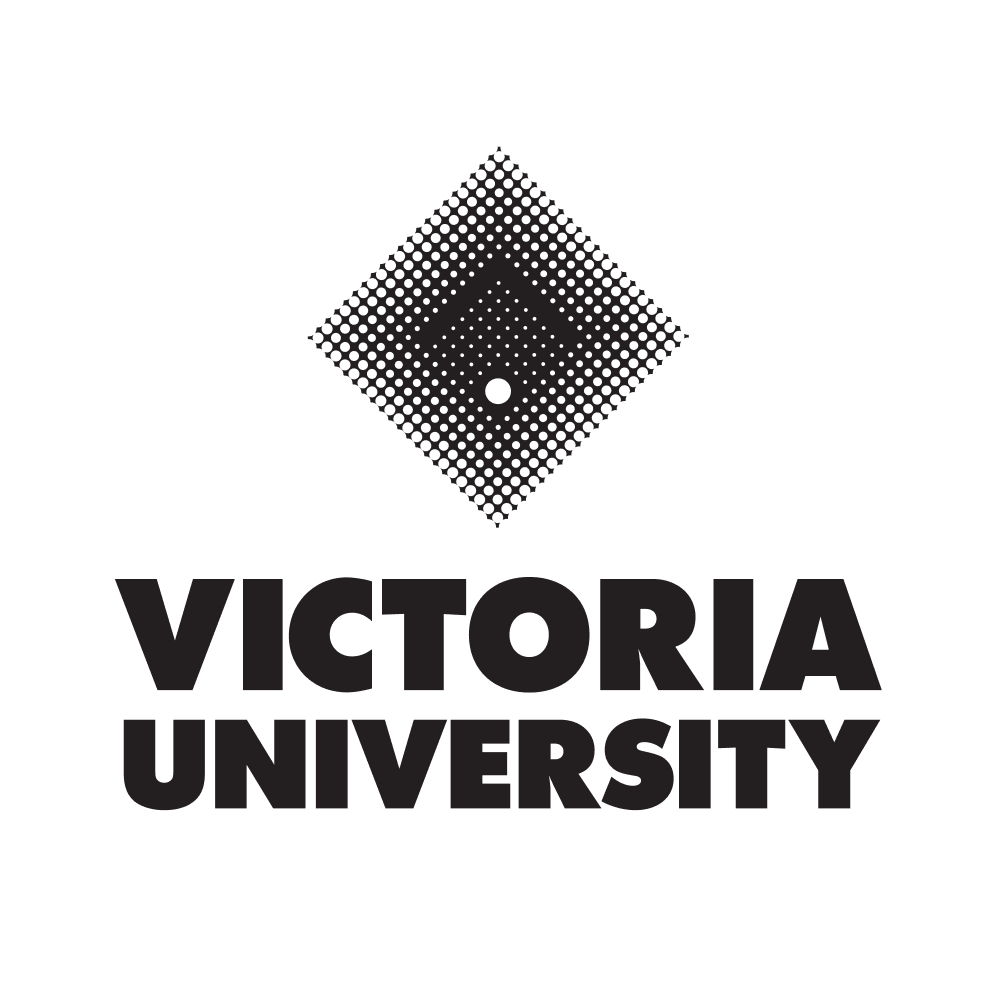Victoria University
Graduate Diploma in Business
- Delivery: Face to Face
- Study Level: Postgraduate
- Duration: 12 months
- Course Type: Graduate Diploma
Specialise in your area of interest and take the next step in your professional career.

Course overview
VU's Graduate Diploma in Business will equip you with expertise and advanced knowledge in contemporary business. It is designed for professionals who wish to advance their careers or move into a more specialised area. Your business specialisation will be complemented with crucial workplace skills in problem solving, creativity and understanding contemporary business issues through authentic assessment.
Students will graduate as an ethical practitioner, who uses intercultural understanding to contribute to the demands of local and global communities. After graduating from this business course, you can choose to progress to a master's degree in your chosen specialisation – with credits from the diploma to qualify sooner.
Key facts
27th July, 2026
28th September, 2026
What you will study
To attain the Graduate Diploma in Business, students will be required to complete 96 credit points consisting of:
- 48 credit points college core units
- 48 credit points of specialisation studies selected from the approved list
Each unit is worth 12 credit points.
- Accounting for Management
- Data Analysis for Business
- Business Economics
- Work and Organisation Systems
Entry requirements
To be considered for postgraduate study, you will need to have specific academic qualifications, as outlined below. Victoria University also considers non-academic research and work experience for research candidates.
Admission criteria
Applicants must have one of the following:
- Completion of an Australian bachelor's degree (or equivalent) in any discipline.
- Completion of an Australian Graduate Certificate (or equivalent) in a similar discipline.
- Applicants with a minimum of three (3) years of approved work experience will be considered for admission to this course.
Special entry programs
If you are from a disadvantaged or underrepresented social, economic or cultural background, you may be eligible for one of the university's special admission programs. These programs are designed to help you access education more easily.
Recognition of Prior Learning
If you have completed a study with another university or institution, you may be eligible to receive credit for skills and past study. Contact the university for more information.
Outcomes
Learning outcomes
Upon completion of this course, graduates will be able to:
- Review theoretical approaches and analyse their application to achieve effective business strategies.
- Justify and interpret theoretical propositions and related knowledge to think critically in the resolution of business problems and recommend actions relevant to contemporary business settings.
- Analyse cross-disciplinary knowledge in creative decision-making.
- Exhibit independent judgment in a range of business functions in response to contemporary and future professional challenges.
- Formulate, implement and evaluate industry-specific investigations to resolve complex professional problems and inform management decision-making.
- Articulate complex knowledge and ideas to a variety of audiences.
- Present consistently, with personal accountability for outputs in a dynamic 21st-century work environment, working in an ethical and socially responsible manner.
- Analyse and evaluate research findings applicable to business environments as part of the coursework.
Career outcomes
Victoria University's specialisations provide a range of career opportunities, according to your own career trajectory.
- Professional Accounting – general accountant, taxation accountant, management accountant.
- Business Analytics and Visualisation – business analyst, business intelligence analyst, machine learning and AI consultant.
- Enterprise Resource Systems – ERP/SAP roles in a range of businesses and organisations.
- Finance – payroll officer, office manager, general manager, hospital administrator.
- Marketing – advertising specialist, market research analyst, marketing specialist, retail manager.
- Management – learning and development, HR, change management or organisation development, leadership roles in innovation and business sustainability.
- Supply chain management – supply-chain manager, logistics professional, global procurement specialist, sourcing/distribution manager, enterprise resource planning developer, project leader, transport coordinator, warehouse supervisor, import/export manager, customs manager.
- Tourism, hospitality and events management – policy development in government, planning and promotion, managers of attractions, marketing and communication roles (events), planners within the travel sector.
Fees and FEE-HELP
Fee per unit in 2026: $4,313 (domestic full-fee paying place)
Indicative full fee in 2026: $34,500 (domestic full-fee paying place)
Full-fee courses are not government subsidised. You will pay the total cost of each unit.
A student’s fee may vary depending on:
- The number of units studied per term.
- The choice of major or specialisation.
- Choice of units.
- Credit from previous study or work experience.
- Eligibility for government-funded loans.
You may also need to pay the student services and amenities fee.
Student fees shown are subject to change. Contact the university directly to confirm.
FEE-HELP loans are available to assist eligible full-fee paying domestic students.








